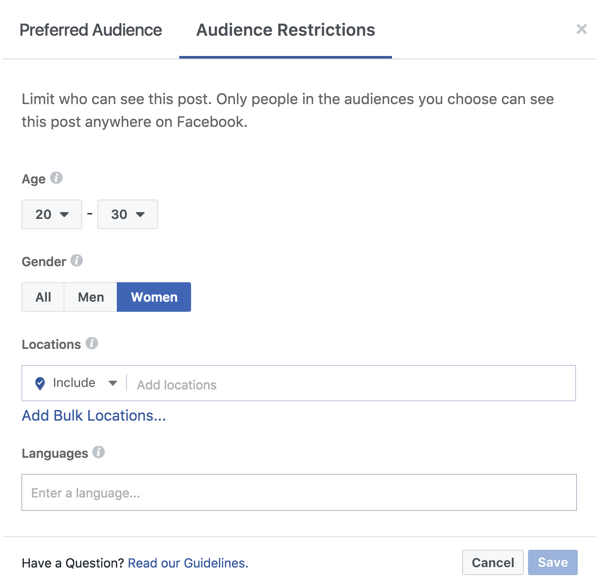The most recent update of Chrome which was Chrome 68 made all non-HTTPS websites non-secure. Website owners, Google is requesting you to go secure and convert to HTTPS to secure both worlds; yours and the users’.
However, the update was not only for this particular purpose. It was identified that the version of Chrome before the update had a serious bug. As a reason, the recent update was more important and necessary to fix this bug.
The major Chrome vulnerability
The vulnerability which is focused in here is identified as CVE-2018-6177. This was discovered by the security researcher, Ron Masas. Due to this, the web browser allows users to track information on other sites such as Facebook and Google. Revealing all this information to the user is a major breach of security following the Facebook breach of security of releasing user data to third-party applications.
This bug takes advantage of a weakness in audio/video HTML tags and affects all web browsers powered by “Blink Engine,” including Google Chrome.
How is this done?
In brief, this particular vulnerability makes use of Facebook advertisement data. When a page admin creates an advertisement, they are allowed to target different audiences based on demographics. This is known as audience restrictions. For example, an audience restriction may take the following form.
Male, Age 26, Interested in Computer Science, Lives in Colombo 5.

However, according to the norm and thanks to CORS (Cross-Origin Resource Sharing), the browser should not be able to read data sent from other sites such as Facebook.
However, Ron Masas has discovered that since audio and video HTML tags don’t validate the content type of fetched resources or reject responses with invalid MIME types, an attacker can use multiple hidden video or audio tags on a website to request Facebook posts.
Therefore, even if it may not be possible to fetch Facebook advertisements directly, an attacker is able to fetch all the data of an individual a particular ad is targeted to. Imperva researcher reported the vulnerability to Google with a proof of concept exploit, and the Chrome team patched the issue in Chrome 68 release.
Warning message to all Chrome Users!! Update your browser to the latest version if you haven’t already.



Thanks for the info.